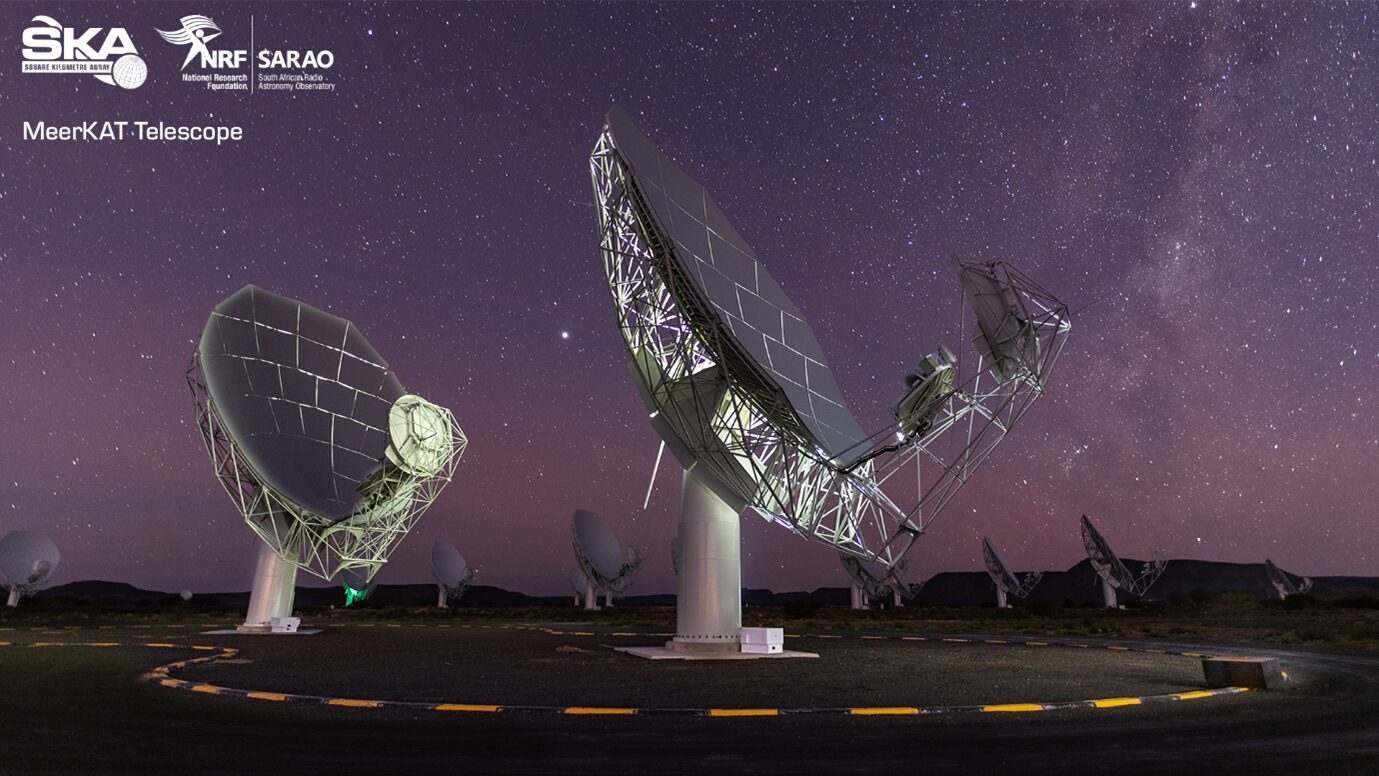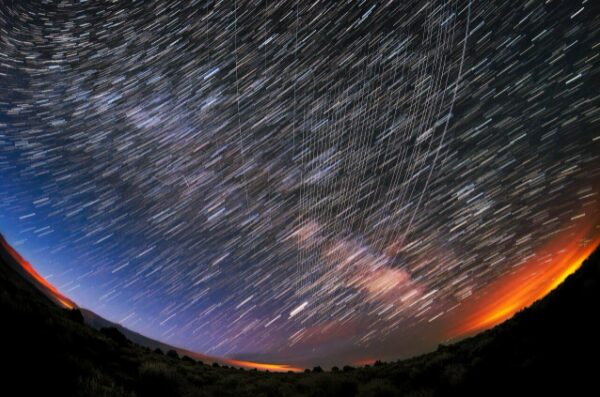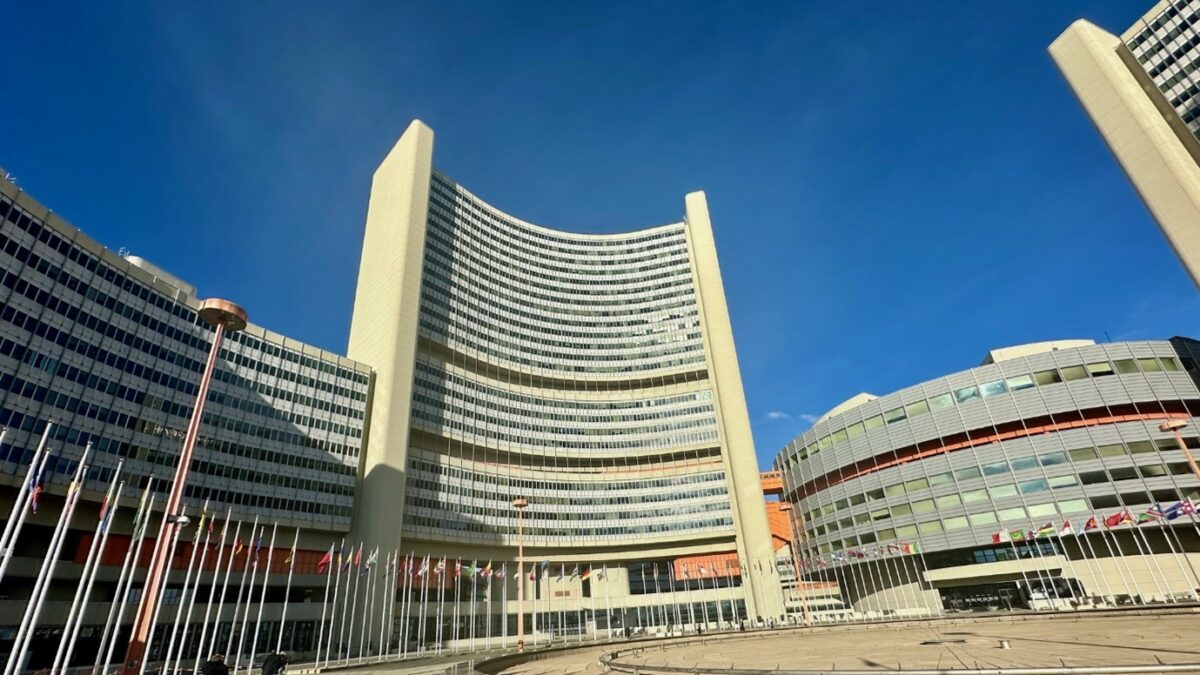EUTELSAT IGO participated in the 61st session of the Scientific and Technical subcommittee of COPUOS chaired by Ms Ulpia-Elena Botezatu from Romania. Under the leadership of the new Director of UNOOSA, Ms Aarti Holla-Maini, the Subcommittee concluded its work yesterday with the adoption of its report. The session focused inter alia on matters pertaining to Space for sustainable development, Space debris, Near-Earth objects, the Use of nuclear power sources in outer space and Space weather.
Since 2020, when “The impact of mega constellations of communication satellites on Astronomy” was first presented by the International Astronomical Union (IAU) to the STSC, given the rapid evolution in launches of satellite constellations, this issue became a recurring topic of discussions amongst Member States. In 2022, Member States including Austria, Chile, the Dominican Republic, Slovakia and Spain, together with Observers from IAU and the Square Kilometre Array Observatory (SKAO) presented a working paper on the “Protection of the dark and quiet sky” aiming at favouring an ongoing discussion under the aegis of UNCOPUOS on this matter considering the benefits that can be derived from space and astronomy in our lives.

Photo credit: ©Federico Di Vruno SKAO
During the 61st session, it was decided that a dedicated agenda item entitled “Dark and quiet skies, astronomy and large satellite constellations: addressing emerging issues and challenges” would now be discussed on a regular basis by the STSC for at least three years.

Photo credit: © IAU Centre
The Working Group on the Long-term Sustainability of Outer Space Activities (LTS) held a fascinating LTS Workshop on 6th February 2024 featuring the views from both the public and private space sectors. Representatives from national Space agencies, Ministries and Observatories from all around the world and private entities with Slingshot Aerospace, NorthStar Earth & Space, Astroscale and HPS GmbH, recognised that the use of space has changed who we are. To cope with the ongoing proliferation of space objects in all Earth-orbits and in order to mitigate the risk of collisions which could generate thousands of space debris, it was agreed that no one can do it alone. Capacity building activities and enhanced international cooperation are needed not only amongst States themselves but also between States and current and new private actors of the space economy!
To safeguard a sustainable use of outer space for now and the future, international standards for information format and communication protocols should be developed and shared globally. The LTS Guidelines adopted in 2019 by COPUOS Member States serve as formidable ground and reference to ensure the long-term sustainability of outer space activities.
> For more information on the protection of “Dark and quiet skies” see IAU Centre for the protection of the Dark and Quiet Sky from Satellite Constellation Interference (CPS)
> For more information on the implementation of the LTS Guidelines, check here the abstracts and presentations made during the Workshop.
